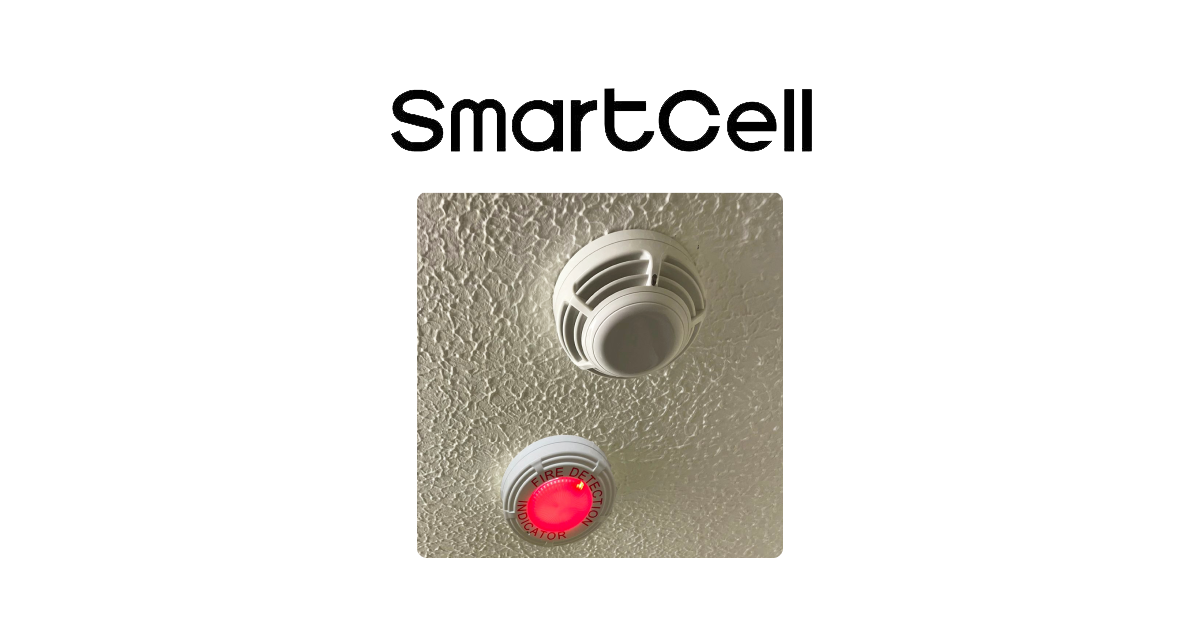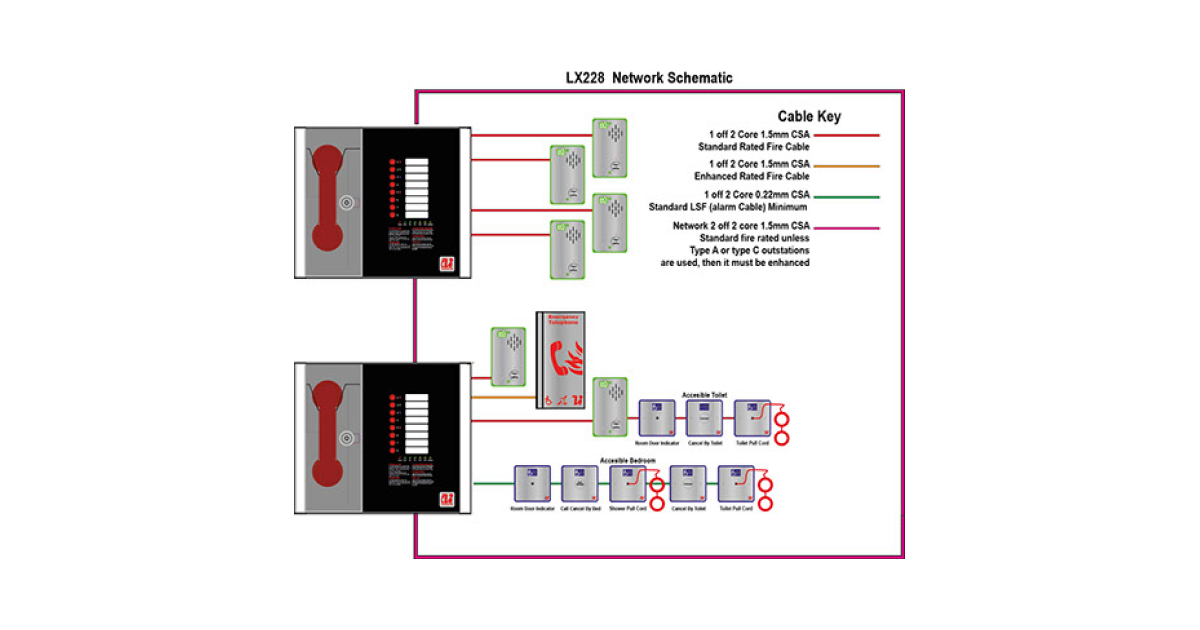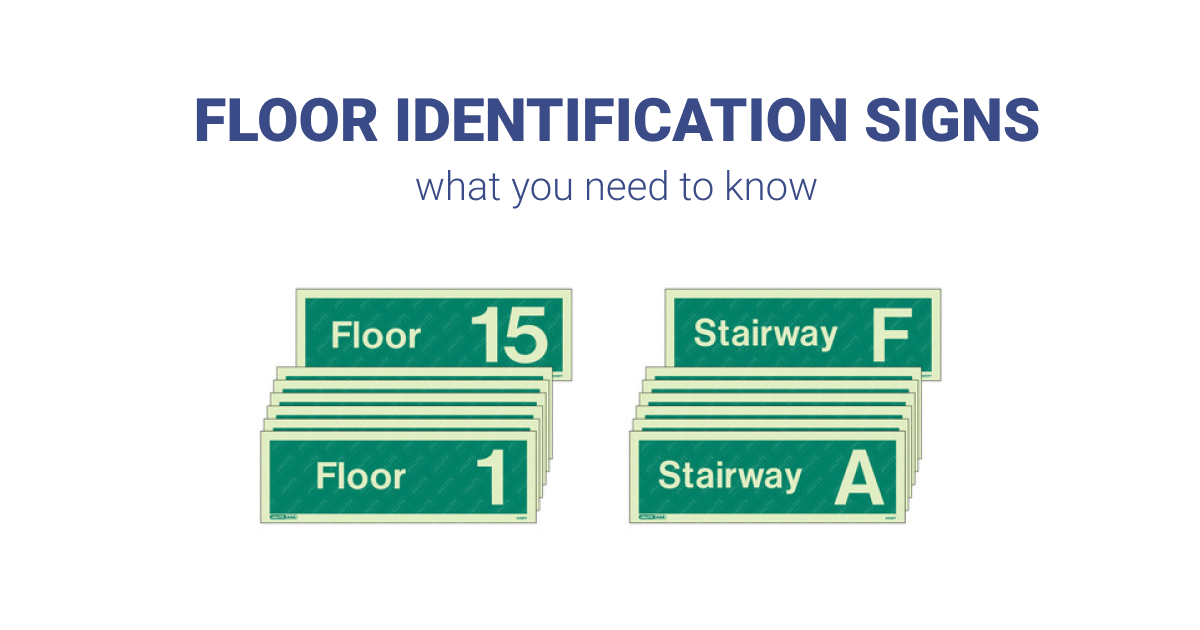
A fire alarm engineer who is responsible for installing, servicing or maintaining fire alarm systems should carry the necessary tools and equipment to perform their job safely and effectively. The specific tools and equipment an engineer should carry will clearly vary depending upon the scope of works a specific engineer is remitted to; however we have compiled this guide with the proviso of an engineer who has a broad scope of works carried out on a wide range of systems from varied manufacturers.
Some common items that a fire alarm engineer may carry.
Test equipment
A range of fire alarm testing equipment, such as smoke detectors testers, heat detectors testers, and sound level meters, may be required to test and verify the performance of the fire alarm system.
Multimeter
A multimeter such as the ACT/6000 from ACT is an electronic measuring device that is used to measure voltage, current, and resistance in the electrical circuits of a fire alarm system.
Programming equipment
Fire alarm engineers may require programming equipment to set up and configure fire alarm systems. Many panels have limited functionality available from the front-end so these will require a computer with the corresponding lead and software.
Screwdrivers
A set of different types of screwdrivers (such as Phillips, slotted, and torx) may be needed to remove covers and panels on the fire alarm control panel and detectors.
Wire strippers
These are used to remove insulation from wires and cables to prepare them for connections.
Pliers
Different types of pliers (such as needle-nose, cutting, and crimping) may be needed to manipulate wires and cables and make connections.
Drill
A cordless drill may be needed to drill holes for mounting detectors and other components.
Consumables
The engineer should also carry essential consumables such as metal cable ties, screws, fixings, resistors, fuses and spare batteries.
Ladders and safety equipment
Fire alarm engineers may need ladders, safety harnesses, and other safety equipment to access hard-to-reach areas and work safely at height.
Spare parts and replacement equipment
Ideally fire alarm engineers should have some spare parts such as detectors which may be required to replace faulty components. Whilst it would not be practical to carry spare devices for every available system, a small stock holding of devices for the most common systems each engineer services would be beneficial.
It’s important to note that these are just some of the standard equipment a fire alarm engineer may require, and the specific equipment may vary depending on the project’s requirements.
Fire alarm engineers should always use the manufacturer’s recommended tools and equipment and follow the appropriate safety procedures to ensure the fire alarm system is installed or maintained to the required standard.










